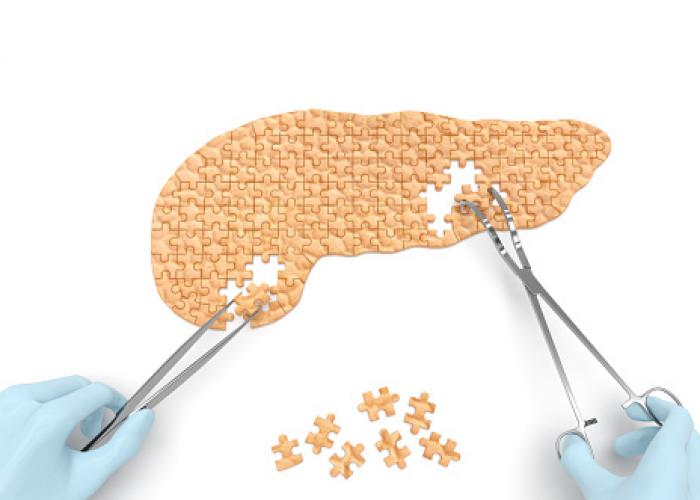Our Focus
A translational research department providing therapeutic and diagnostic development capabilities focused on the evaluation and application of emerging technologies in cancer care.
By conducting research to obtain a better understanding of disease classification and targeted therapies, Experimental Therapeutics (ET) endeavors to define better intervention strategies for individuals with aggressive cancers. ET is well respected internationally for its track record of proficiency and efficiency when linking preclinical and clinical research, and is focused on the critical need to rapidly establish the therapeutic value of emerging technologies through validated assessments in preclinical models of cancer and in patients.
What We Do
Experimental Therapeutics has a variety of drug development capabilities, including preclinical models (cell-based and animal-model based models) and formal capabilities to support some GLP studies (Rodent GLP) and GMP manufacturing. Our research ranges from development of nanomedicines to identification of unique, targetable, proteins in cells.
News & Events

Pancreatic cancer patient’s health improves after receiving personalized treatment
Research Labs & Principal Investigators
Recent Publications
Therapeutic Exploitation of Neuroendocrine Transdifferentiation Drivers in Prostate Cancer.
BC Cancer Foundation is the fundraising partner of BC Cancer, which includes BC Cancer Research. Together with our donors, we are changing cancer outcomes for British Columbians by funding innovative research and personalized treatment and care.

